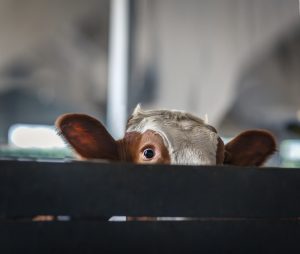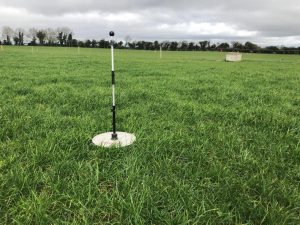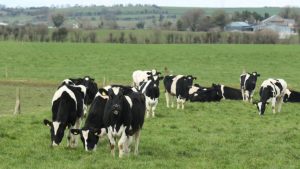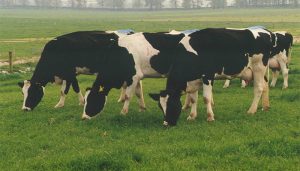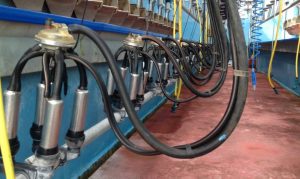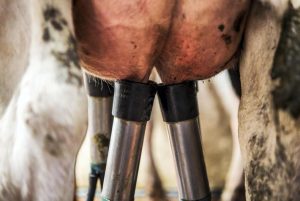
The free movement of milk produced in Northern Ireland to processors south of the border is jeopardised by the UK Government’s plans to introduce a bill which would allow Westminster to override the Northern Ireland Protocol, MEP Colm Markey has claimed.
Similarly, the movement of farm inputs across the border could be threatened should the UK introduce the proposed legislation.
The Midlands Northwest MEP said he had been “alarmed” by the possibility that the bill could allow future UK ministers to “fundamentally override the Northern Ireland Protocol” as this divergence from the Brexit deal could stop 800m litres of fresh milk coming from NI for processing.
“I’m particularly concerned about a ‘dual regulatory regime’ and the impact it could have on the dairy industry,” said Markey, himself a dairy farmer.
“Some 800m litres of milk from Northern Ireland that is processed annually in the south could be at risk as well as products used as inputs into good[s] produced in the south and then sold into the single market.
“This would have devastating consequences for the dairy and agri-food sector,” the MEP from Co Louth warned.
Product origin
Markey said the divergence from EU standards could further complicate agri-food trade across the border. The area of product origins could prove to be particularly difficult for policymakers to navigate if the Protocol is over-ridden, he added.
“I have consistently raised the issue of products of mixed origin with officials here in the [European] Parliament and the [European] Commission and have warned about potential problems that may arise,” Markey said.
“I understand the complexities surrounding Brexit and the Protocol but [I] am disappointed that this matter was not made a priority.
“I await the UK Government’s next move but would urge them – once again – to stop the madness and return to the talks table.”




